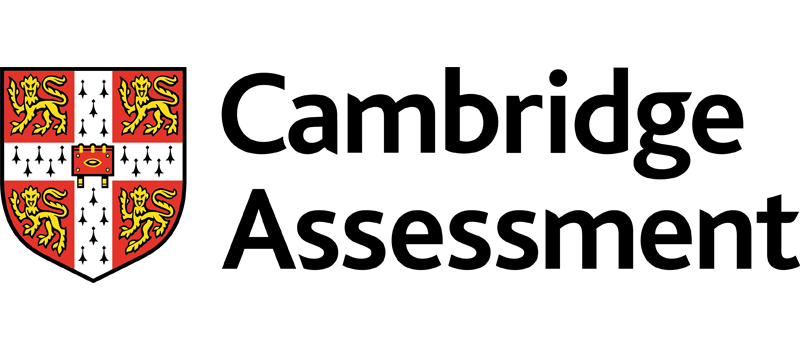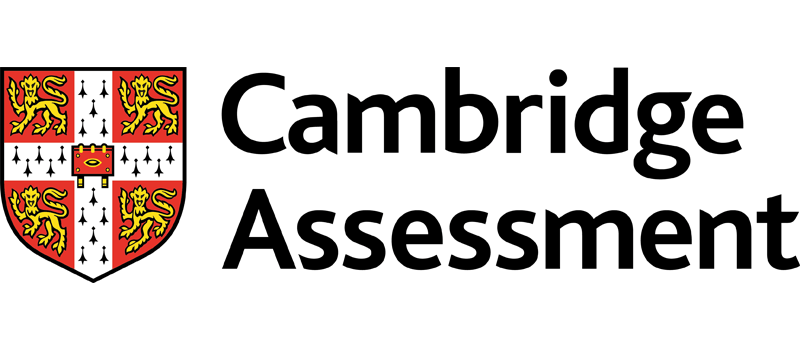Day 1:
Introduction to Business Continuity Management (BCM)
Overview of Business Continuity Management (BCM) and its importance in modern organizations.
Key BCM standards and frameworks (ISO 22301, BS 25999, and others).
The relationship between BCM, Risk Management, and Disaster Recovery.
BCM governance and establishing a BCM policy.
Day 2:
Business Impact Analysis (BIA) and Risk Assessment
Understanding the components of a Business Impact Analysis (BIA).
How to identify critical business functions and prioritize recovery efforts.
Conducting a comprehensive risk assessment: Threats, vulnerabilities, and likelihood.
Developing and utilizing risk assessment tools and techniques.
Day 3:
Developing the Business Continuity Plan (BCP)
Key elements of an effective Business Continuity Plan (BCP).
Resource requirements for BCP implementation (people, technology, and processes).
Crisis communication strategies for internal and external stakeholders.
Integrating BCM with existing corporate processes (HR, IT, Legal, etc.).
Day 4:
Implementing and Testing Business Continuity Systems
Implementing BCM strategies: Recovery solutions and resource management.
Testing and exercising business continuity plans: Types of tests and how to conduct them.
Evaluating the effectiveness of BCM tools and software.
Continuous monitoring and improving business continuity capabilities.
Day 5:
BCM Maintenance, Auditing, and Compliance
The role of auditing and compliance in BCM: Internal and external requirements.
Reviewing and updating business continuity plans: How to ensure relevance and adaptability.
BCM program performance measurement and improvement.
Case studies: Real-world examples of successful BCM implementations and lessons learned.























































